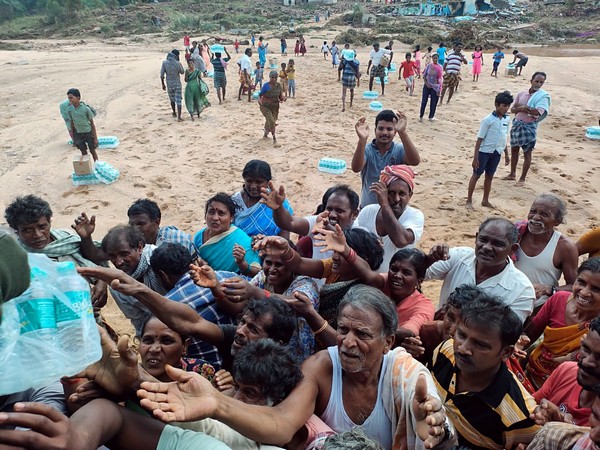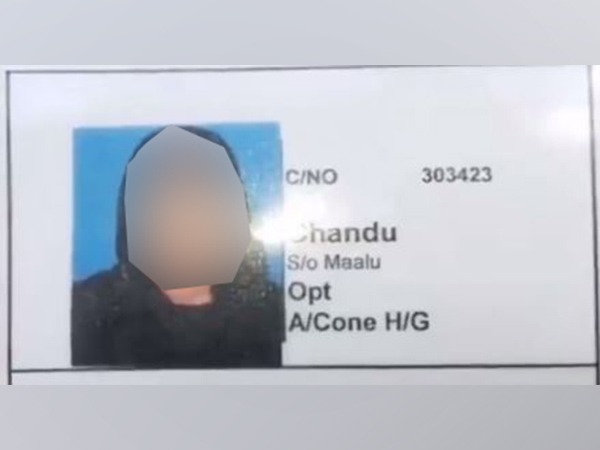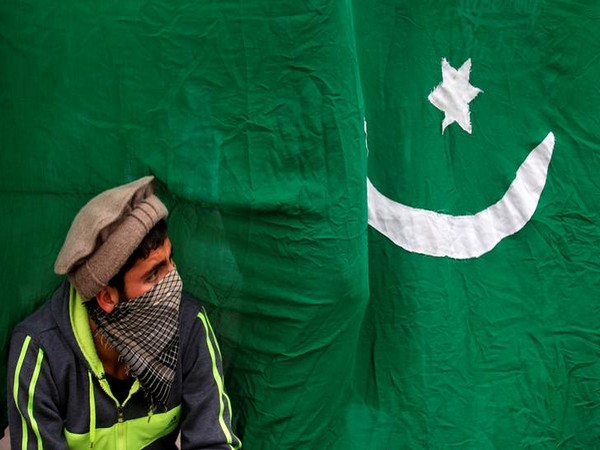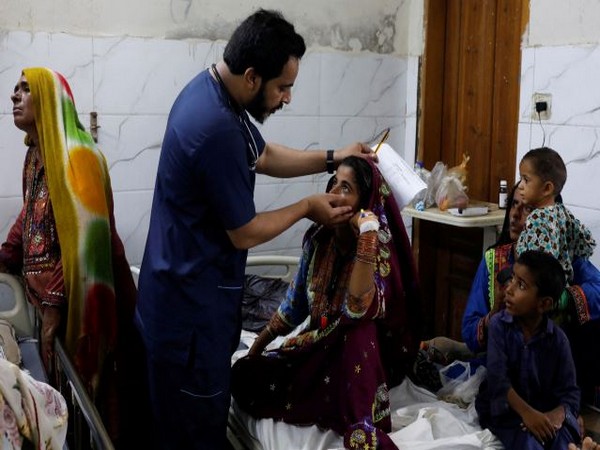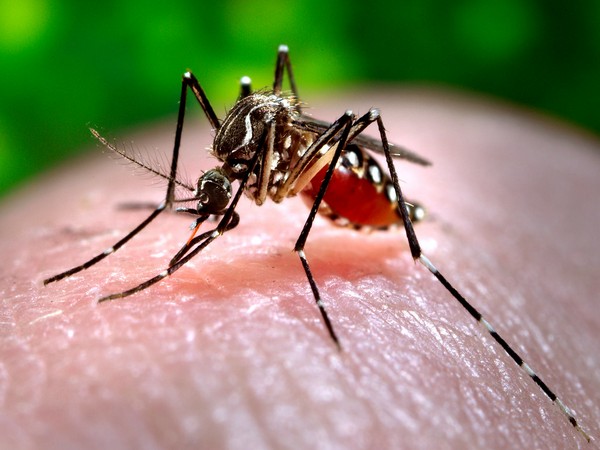The province of Sindh has been meted out with discriminatory treatment in water issues, this has become the fate of the province since Pakistan’s independence.
The injustice to Sindh continues to day against the province. If Sindh authorities remain silent on this matter it only adds to the discrimination and suffering of Sindh people, reported Sindh daily newspaper, Pahenji Akhbar.
Earlier, when other parties used to be in power in Islamabad, the Sindh government’s excuses were that they are not getting any support and there is none to listen to them in Islamabad which saved them from the Sindh people’s ire.
“But how can the Pakistan Peoples Party/Sindh government make an excuse now when it is a key partner of the federal government?” questioned the Pak vernacular media.
It advised the Sindh government to play an effective role in helping Sindh get its share of water and to stop all thefts on its share of water.
Punjab continues taking away Sindh’s share and Punjab does not care for Indus River System Authority (IRSA) directives; on top of all this, Sindh’s irrigation department is sitting quietly, added the publication.
Moreover, it remains to be seen how much gas Sindh gets from its gas deposits in Sindh and how much is given/distributed to other provinces.
Sindh is already grappling with several issues. If gas is made unavailable in Sindh, it will only add to Sindh’s woes, especially during winter just as power cuts become a big outcry during summer, reported Daily Kawish, a Sindhi newspaper from Hyderabad.
The statements being made by Sindh Chief Minister that Thar coal projects will bring prosperity, locals will get jobs and locals’ future will be brighter now, all these and more of such statements are being heard from time to time in Sindh and at Thar, but yet hundreds of children keep dying of mal-nutrition at Thar year after year.
Who will own up to responsibility for such a situation here Thar? Sindh and federal governments must go beyond empty statements and must take effective and result-oriented measures for ease of life in Sindh, said Daily Kawish.
Meanwhile, in Mehar (Sindh), the flood victims took out a protest procession and staged a dharna on the Indus Highway against the cutting and cracking of the Mahesar Wah and Sam branches.
The protestors said that due to the carelessness of the officers, Mehar and Radhan road has been submerged up to 2 km away from the flood water, and there is also a danger of drowning the colonies. The irrigation department is not closing the cuts and cracks, reported Daily Jang. (ANI)
Read More:http://13.232.95.176/
